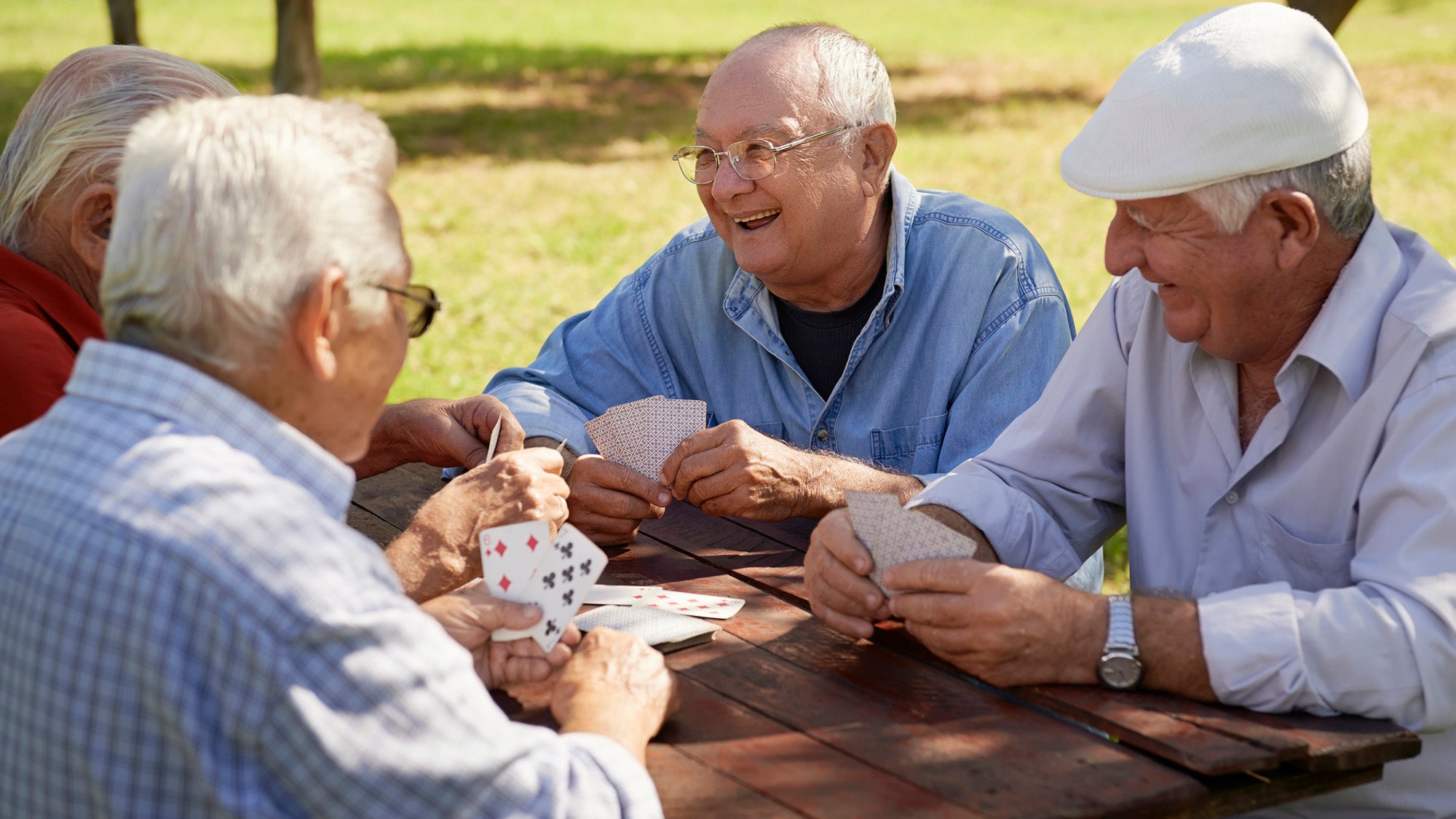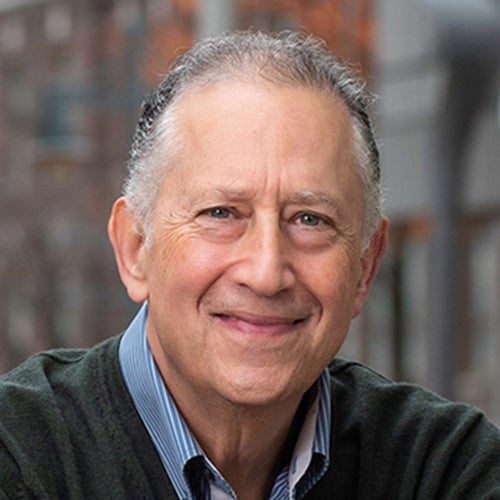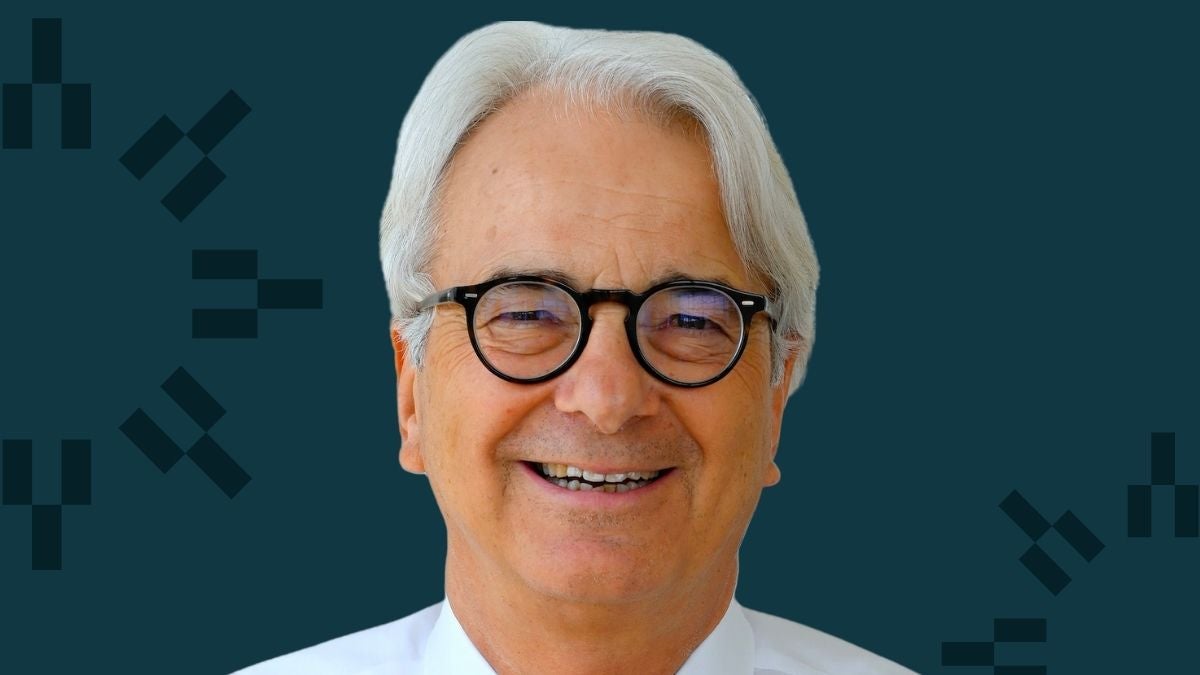Strong social connections could boost healthy aging, experts say

Having a rich social life may do more than brighten your days—it could also help slow biological aging, according to a new study.
Co-authors of the study, published in the journal Brain, Behavior, and Immunity, included Laura Kubzansky, professor of social and behavioral sciences at Harvard T.H. Chan School of Public Health, and researchers from Cornell University, Weill Cornell Medicine, and Renaissance School of Medicine at Stony Brook University.
Drawing on data from more than 2,100 participants in the long-running Midlife in the United States (MIDUS) project, researchers discovered that adults with higher cumulative social advantage—meaning long-standing, robust relationships with family and friends and in religious and community groups—had biological markers showing slower cellular aging and reduced levels of chronic inflammation as compared to their less-connected peers.
Jeremy Nobel, instructor in the Department of Health Policy and Management, commented on the study in an Oct. 7 article in Everyday Health.
“Social circumstances, both objective and subjective, have measurable biologic change that is related both to aging and to illness,” he said. “This can allow us to compare the influence of certain external factors on the speed of aging at the cellular level, and it can also allow us to measure the impact of various interventions on aging, which is exciting for those like me who are working as public health practitioners.”
Nobel recommended prioritizing social connections alongside diet, exercise, and sleep, and suggested that people view loneliness as a fundamental biological signal, “just like thirst is a biological signal that we need hydration. Loneliness does impair our health, so it’s not surprising that we, our bodies and our minds, have generated a mechanism to tell us to go out and connect with others.”
Read the Everyday Health article: Strong Social Ties May Slow Biological Aging



